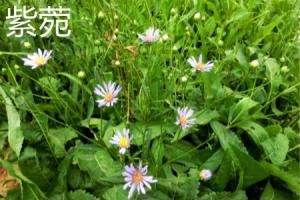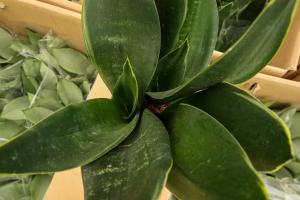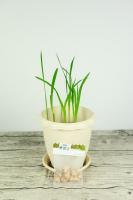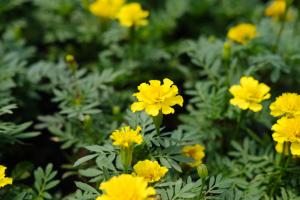Can You Plant Trees Over Septic Lines?
Planting trees is a great way to enhance the beauty of your yard, provide shade, and create a welcoming atmosphere. However, if you have a septic system installed in your yard, you might be wondering if it's safe to plant trees over the septic lines. Let's take a closer look at this question and explore the implications of planting trees over septic lines.
The Risks of Planting Trees Over Septic Lines
Planting trees over septic lines can have several implications. First, the roots of the trees can penetrate the pipes and cause damage to the septic system. These roots can clog the pipes, disrupt the flow of wastewater, and lead to costly repairs. Second, the weight of the trees can compress the soil around the septic lines, which can also cause damage to the system. Finally, large trees with extensive root systems can absorb a significant amount of water from the soil, which can put additional strain on the septic system.
What Types of Trees Are Safe to Plant Over Septic Lines?
If you're determined to plant trees over septic lines, it's essential to choose the right types of trees. Shallow-rooted trees are safest, as their roots do not penetrate deeply into the soil. Some examples of shallow-rooted trees include dogwoods, redbuds, and Japanese maples. These trees are also relatively small in size, which makes them less likely to cause damage to the septic system. Additionally, it's essential to avoid planting fast-growing trees near septic lines, as their growth rate can quickly outpace the capacity of the septic system.
Tips for Planting Trees near Septic Lines
If you're planning to plant trees near septic lines, there are several tips you should keep in mind to ensure that your septic system remains safe and functional. First, make sure to avoid planting trees too close to the septic lines. Experts recommend leaving at least 10 feet of space between the tree and the septic lines. This distance will help minimize the risk of root damage and provide enough space for the tree to grow without causing any harm to the septic system. Second, make sure to regularly inspect the area around the septic lines for any signs of root intrusion or soil compaction. If you notice any issues, it's essential to address them promptly to prevent damage to the septic system.
The Bottom Line
Planting trees can add beauty and value to your home, but it's essential to be mindful of their placement, especially near septic lines. While it's possible to plant trees over septic lines, it's crucial to choose the right types of trees and maintain a safe distance from the septic system. Regular inspections and prompt attention to any issues can help prevent costly repairs and ensure the longevity of your septic system.

 how many times do yo...
how many times do yo... how many planted tre...
how many planted tre... how many pine trees ...
how many pine trees ... how many pecan trees...
how many pecan trees... how many plants comp...
how many plants comp... how many plants can ...
how many plants can ... how many plants and ...
how many plants and ... how many pepper plan...
how many pepper plan...
































